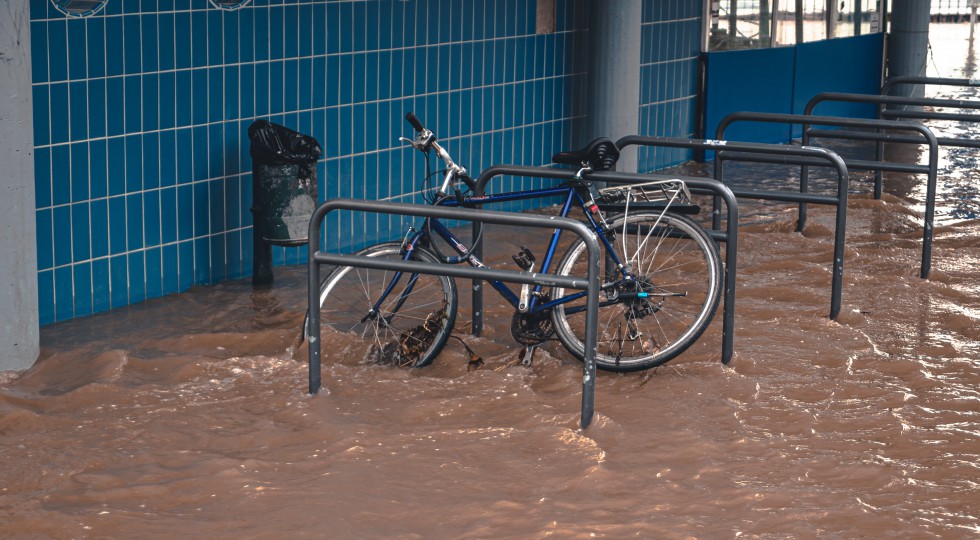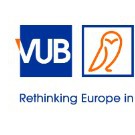Call for Contributions: Special Issue on Water Conflict Prevention

UNU-CRIS' Climate and Natural Resource cluster seeks contributions for the Special Issue 'Water Conflict Prevention'. This special issue aims to present a collection of up-to-date research and narratives for understanding the critical nature of water across a myriad of uses, users, and a broad range of stakeholders, disputes over water, competing sectors, incusing focus on riparian countries sharing the water basin.
Contributions will also enhance the learning on unclear or contested property rights to a valuable common pool resource (water, wetlands…) that add to the potential for disputes by presenting narratives that can assist to avoid, mitigate, or resolve conflicts over water cover a wide range of legal, institutional, technological, and diplomatic approaches.
This Special Issue is dedicated to instruments and innovations in water policy intended to aid in the prevention of conflict over water resources, especially among competing nations, including at the sub-national, regional, and international levels. Both theoretical and empirical contributions are welcome that can contribute towards addressing processes of global cooperation and regional integration and their implications for water-related conflict management and cooperation in water sharing.
The first paper of this special issue The Common Pool Resource Heatmap: A Tool to Drive Changes in Water Law and Governance by Jacqui Robertson from Griffith Law School, Griffith University, Australia, a professional with two decades of experience working as a legal practitioner, including in the government in environmental and town planning law and advisory work on extractive industries such as petroleum, gas, mining and quarrying, agriculture in the context of water governance emphasize on the need for tools supporting proactive efforts to address current and future conflicts involving water.
The synthesis presents a regulatory framework towards identifying regulatory weaknesses that may contribute to deterioration of the resource and conflicts between water resource users by applying the Common Pool Resource (CPR) theory and showcasing a ‘CPR heat map’ to examine changes in water governance. The case example of Surat Cumulative Management Area, Queensland, Australia is used analyze weaknesses and strengths of the governance framework, the collective nature of the resource system and how to potentially resolve and manage water-related conflict arguing that initiatives that are transforming water governance can be presented to drive social learning.




